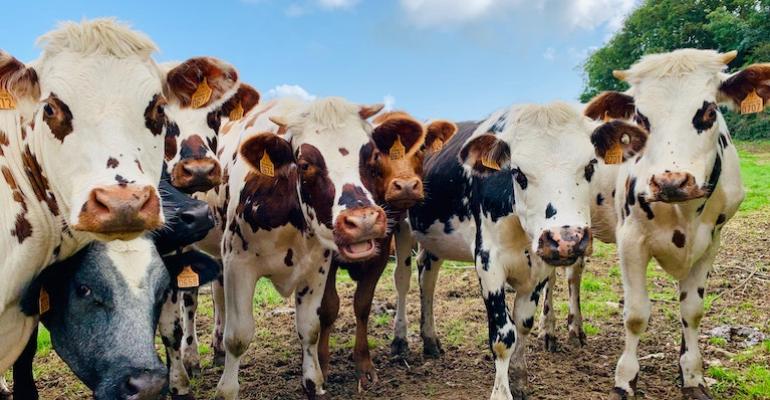Both companies signed a Memorandum of Understanding (MoU) to explore LBM’s decarbonisation potential. The joint study will be conducted as part of an LBM technology research and development programme approved by Japan’s Ministry of the Environment.
The goal is to use LBM on the MOL Group’s coastal LNG-fuelled vessel in the first half of 2023, making it the first company in Japan to do so.
LBM is produced from cattle manure in the Tokachi region of Hokkaido by Air Water. The fuel is made by liquefying bio-methane at about -160°C generated from dairy-owned biogas plants, separating, and refining its main component, methane.
Methane can be compressed to 1/600th of its volume by liquefying it, so this enables the mass transportation of methane. It is also a carbon-neutral domestic energy source because it is made from cattle manure.
In October 2022, the company started the operation of the first plant in Japan to produce LBM, an alternative fuel to LNG that effectively uses unused biogas produced from cattle manure.
Meanwhile, MOL is moving toward decarbonisation to achieve net zero greenhouse gas emissions by 2050 and shifting to greener alternative fuels such as ammonia and hydrogen. The firm is also accelerating the deployment of LNG-fuelled vessels while taking initiatives aimed at the early introduction of the use of bio-methane and synthetic-methane.
Copyright © 2024. All rights reserved. Seatrade, a trading name of Informa Markets (UK) Limited.
Add Seatrade Maritime News to your Google News feed.  |

